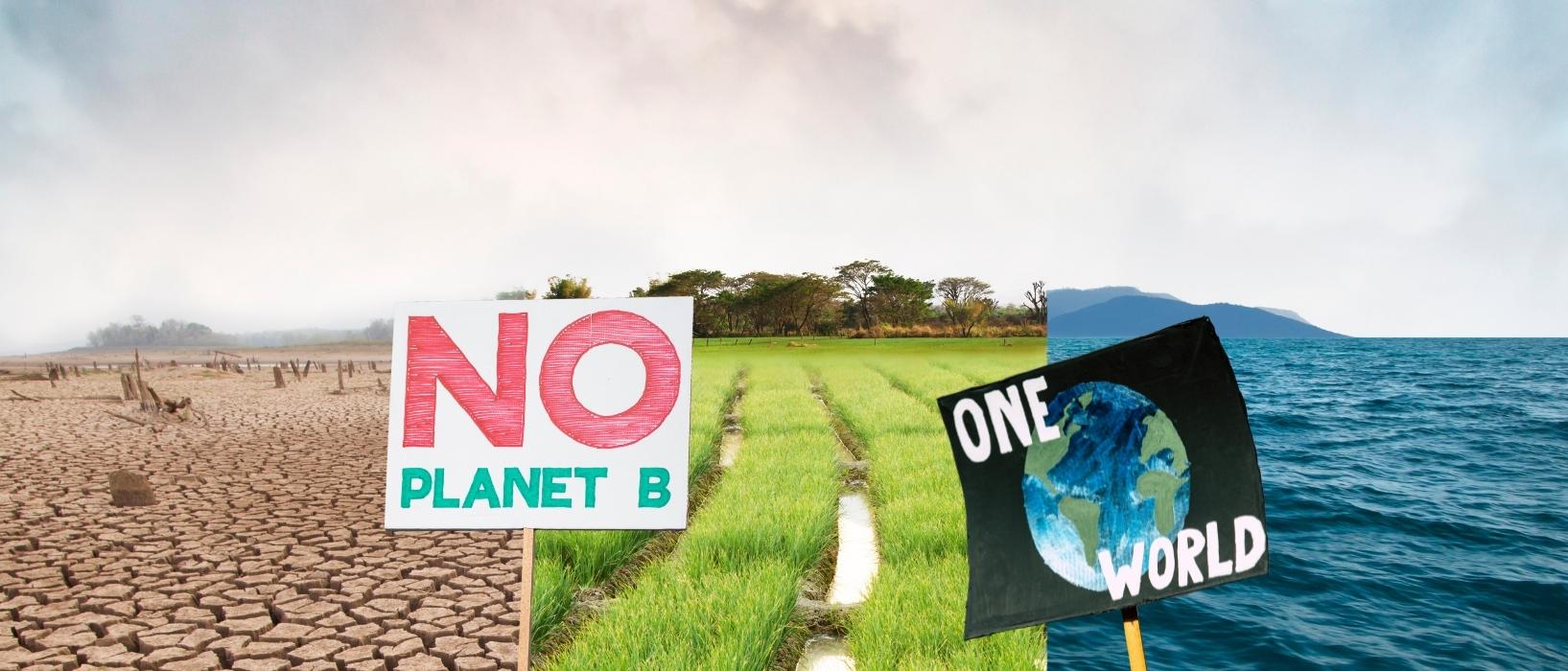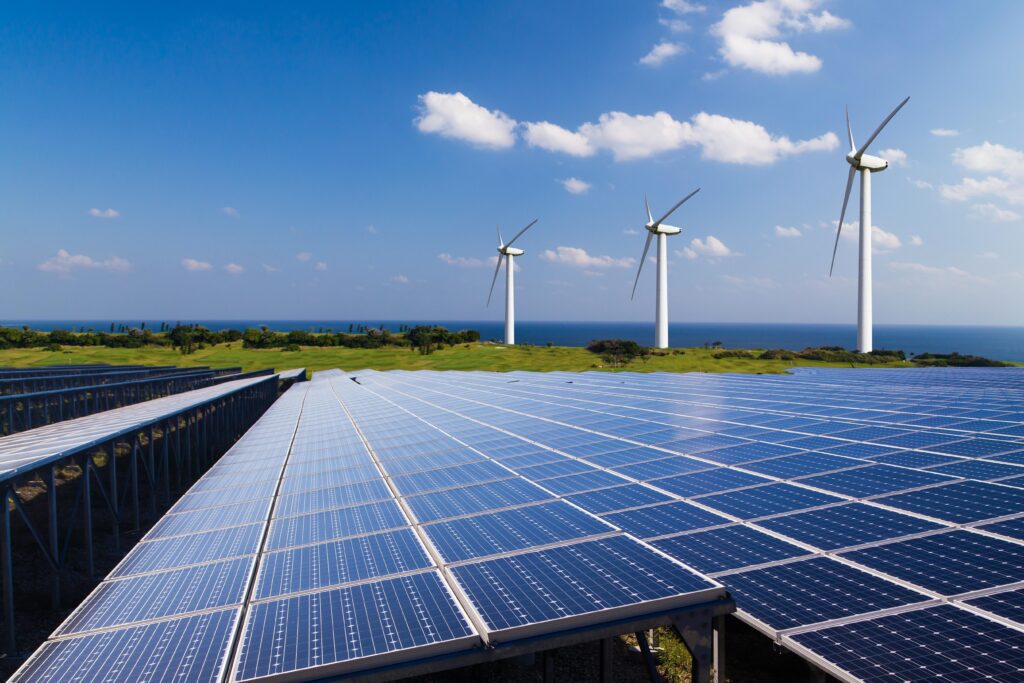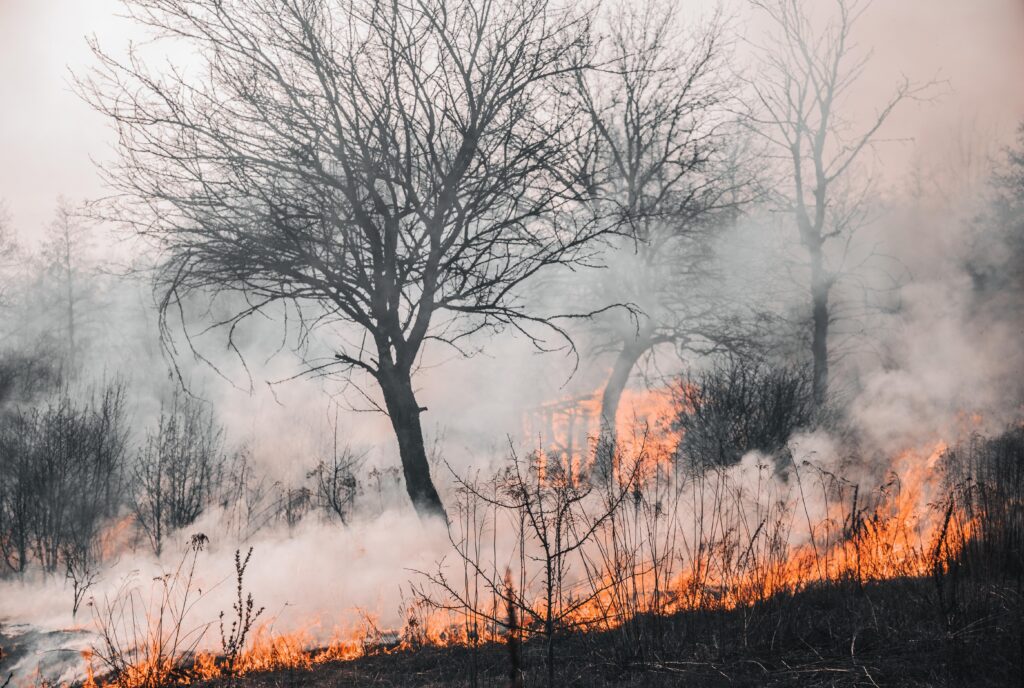
The 2020s have become known as the ‘decisive decade’ for climate action. The vast majority of climate scientists believe that keeping warming under 1.5 degrees will help limit the worst effects.
However, if we are to do this, we need to start taking action now. So, with 2021 wrapping up in only a few days, let’s take a look at what progress we have made so far.
The best news is undoubtedly the increase in renewable energies. Between new solar installations, wind farms, and other technologies, the world added 290 gigawatts of renewable power production capacity this year.
For comparison, that’s twice as much as the total generating capacity of Canada. Globally, over 90% of new electricity will come from renewables in the next five. If these trends continue, renewable energy capacity would exceed that of fossil fuels and nuclear in the same amount of time.
Giving even more hope for climate action this decade was COP26, taking place only a few weeks ago in Glasgow. Here, over 100 world leaders pledged to end deforestation by 2030, over 100 countries committed to cutting methane emissions by 30%, and for the first time ever, climate negotiators called for the phasing out of fossil fuels.
The talks brought countries together and strengthened the world’s commitment to fighting climate change.

Of course, just because a country pledges to take action does not mean that it will happen. Some major countries, such as Australia, resubmitted the same targets from 2015, and others (Brazil and Mexico) submitted even weaker ones.
Moreover, even with the massive increase in renewables, the world is still relying heavily on fossil fuels. After a significant decrease in global emissions last year because of the pandemic, there was hope this trend would continue into the future.
However, emissions actually increased up to 5.7% in 2021, and the amount of carbon dioxide in the atmosphere broke yet another record.
Global sea levels also hit a new high, with an increase in extreme weather events worldwide. Record high temperatures and drought were seen in Japan, Ireland, Turkey, and many parts of the Mediterranean. Wildfires broke new records for carbon emitted in Siberia, Turkey, and the U.S., and South Sudan saw its worst flooding in over 60 years.
Making matters even worse, rich countries aren’t doing their part. Developing countries contribute the least to climate change yet will suffer its worst impacts.
Back in 2009, wealthy nations pledged $100 billion a year by 2020 to help transition to clean energy and build resilience to climate impacts. While there has been an increase in funding ($80 million in 2019), this goal will likely not be reached for another few years.

Looking at the work there is still left to do can be daunting, even scary, but the good news is that there is still time.
Hope lies particularly in the next generation. This year, thousands of young people in over 1,500 locations around the world took to the streets before COP26 to compel leaders to put climate change at the top of their priority list.
Then, in Glasgow, tens of thousands, including many young people and Greta Thunberg, marched for systematic change. While some may have seen COP26 as a failure, the fight continues, not through world leaders but individuals.
As Greta tweeted later on, “The real work continues outside these halls. And we will never give up, ever.”
Here at Play it Green, we are proud of the impact we have made this year and particularly proud that we’re helping others have an impact too.
Play it Green members have both an immediate and long-lasting impact, helping to repair the planet through reforestation and reducing their footprints with weekly tips and discounts on sustainable products.
Your impact is social as well as environmental, with our tree planting supporting jobs for life in vulnerable communities and with 10% of your subscription going to a good cause of your choice.
To meet the world’s climate targets and to help our planet heal, every single one of us will need to take part. Together, our impact can change the world.